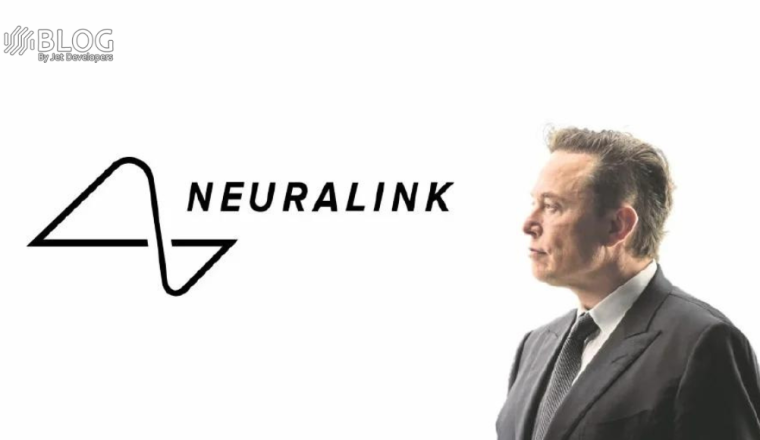Neuralink Will Test Its Chip In Human Trials This Year Says Elon Musk
Neuralink, the biotech venture led by Elon Musk, expects to begin its human trials later this year, the billionaire entrepreneur said in France last week. Musk did not reveal the details of the number of participants in the trial during his talk at the VivaTech event in Paris, Reuters reported.
Launched in 2016, Neuralink is yet another moonshot project from Musk, where he wants to link the human brain to a computer. Musk’s ideal application for the technology is to enable a paraplegic person to walk again. So far has only demonstrated the technology in monkeys who have been able to play video games.
Biotechnology is nothing like making electric vehicles or managing a social media platform, and Musk has found it challenging to get the technology to work in the ways he intended. The news of human trials is exciting for many of Musk’s followers, keen to get a chip embedded into their brains.
Not the first time
Well-known for setting highly ambitious deadlines, Musk has claimed on at least four previous occasions that Neuralink was set to begin human trials. Not surprisingly, though, none of these announcements led to anything of substance.
Instead, employees at his company have reported to the media that such announcements have led to increased pressure at work and even botched surgeries on animal subjects. On one such occasion in 2021, 25 pigs were implanted with wrong-sized devices and had to be subsequently euthanized.
In recent years, the company has also come under the scrutiny of the Department of Transportation for allegedly transporting implant chips with dangerous pathogens on them without appropriate containment measures.
The animal experiments conducted by the company are crucial for generating data needed to obtain approval for human trials.
FDA gives Neuralink the nod
Neuralink has previously approached the U.S. Food and Drug Administration for approval to test its chip in humans. However, the agency has rejected its application on multiple grounds such as the presence of lithium in Neuralink’s chip, the risk of wires on the implant, and the safe extraction of the chip from the brain.
Last month though, the FDA finally gave its nod to Neuralink even as the investigations into alleged mistreatment of animal subjects continue. The nod has led to a sudden increase in the company’s valuation, now estimated at around $5 billion, based on privately executed stock trades.
Neuralink’s technology, though, has a long way to go with the company now required to provide more details of its work to authorities while demonstrating significant advantages for the implant. The process could take a minimum of ten years to become commercially available.
Additionally, it has to contend with competition in the space where former team members have floated competing products. Synchron is one such product that does not even need to be implanted and received FDA approval two years ago, leaving much for Musk’s company to catch up to.



